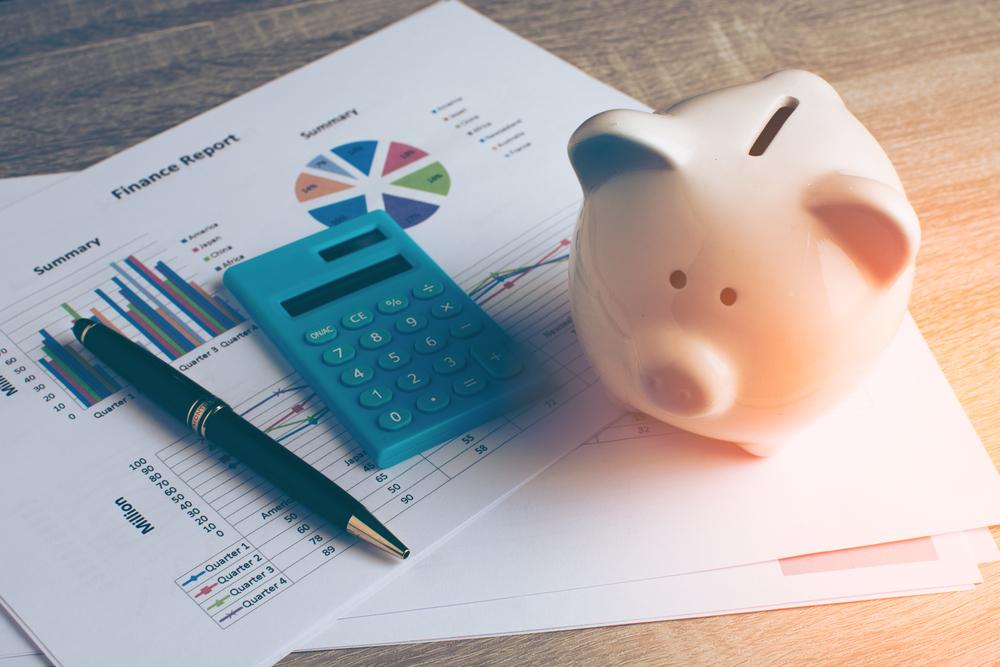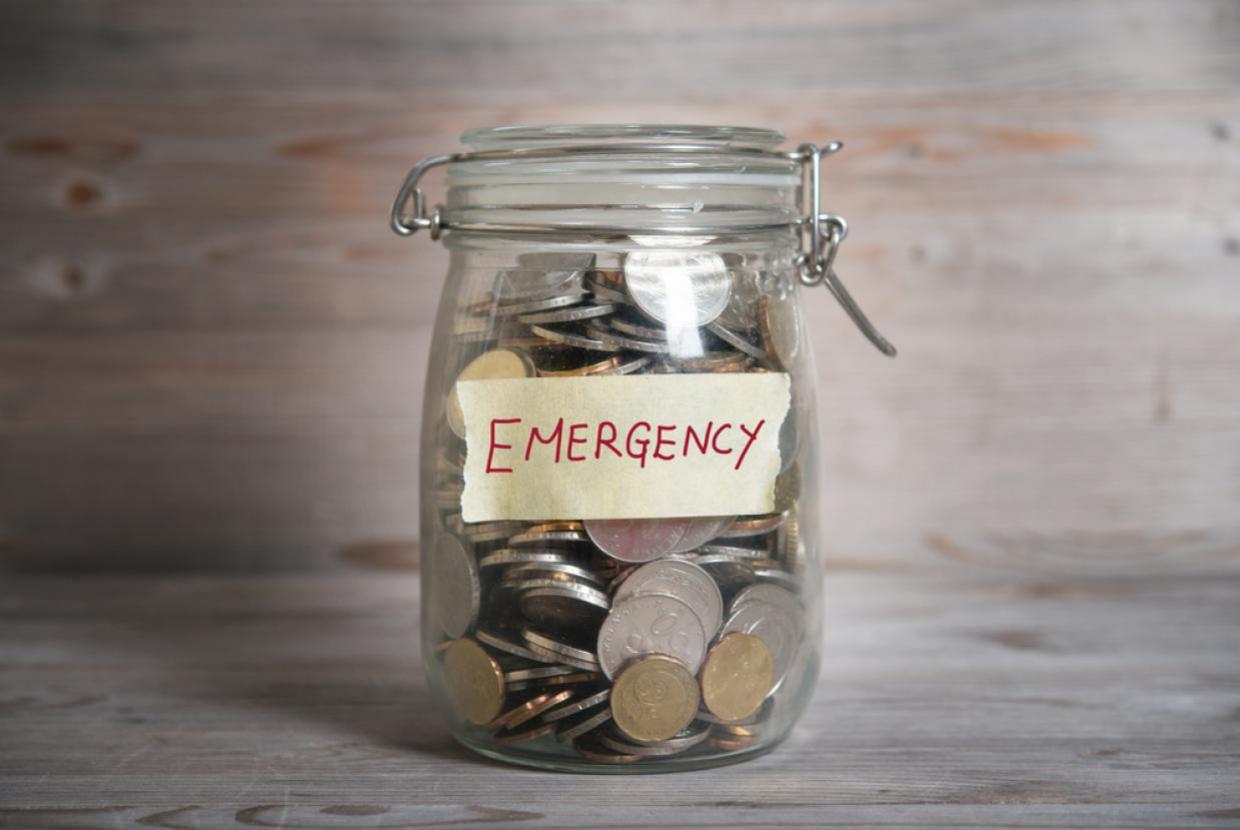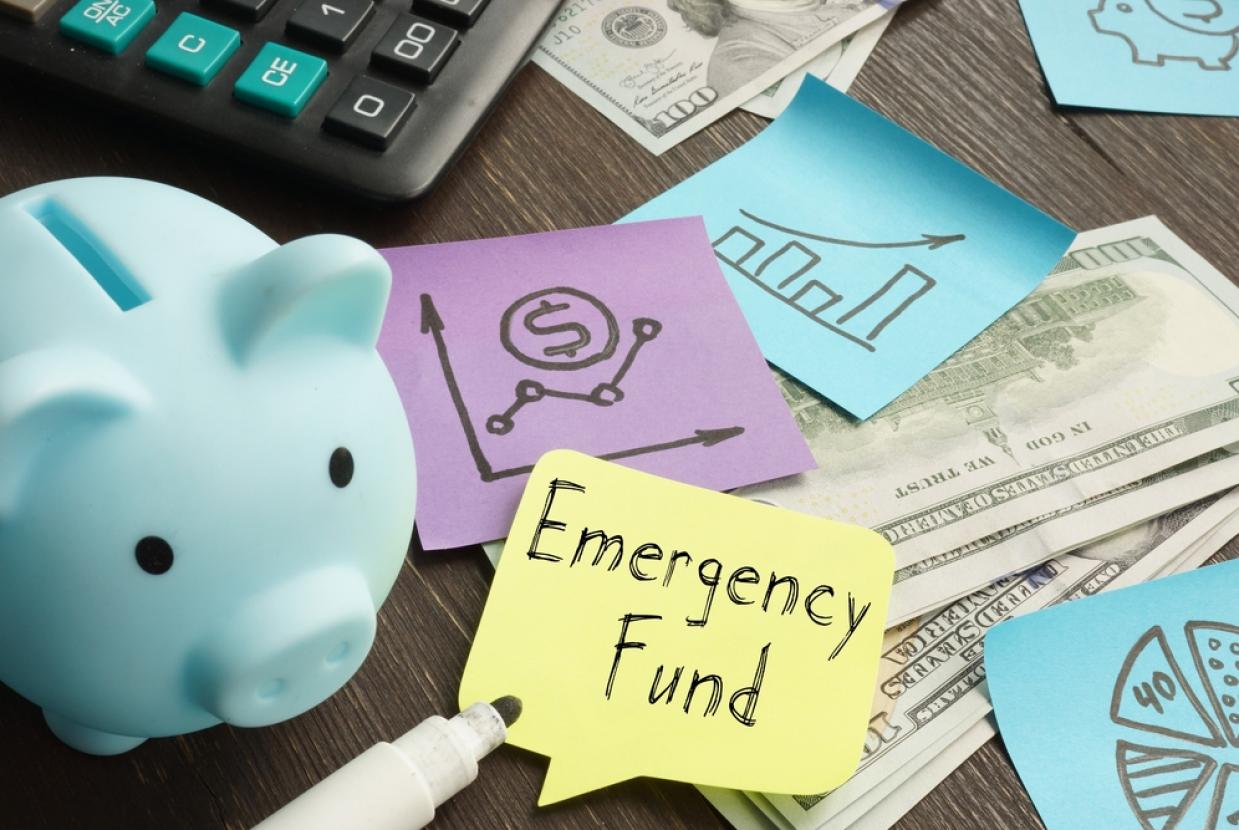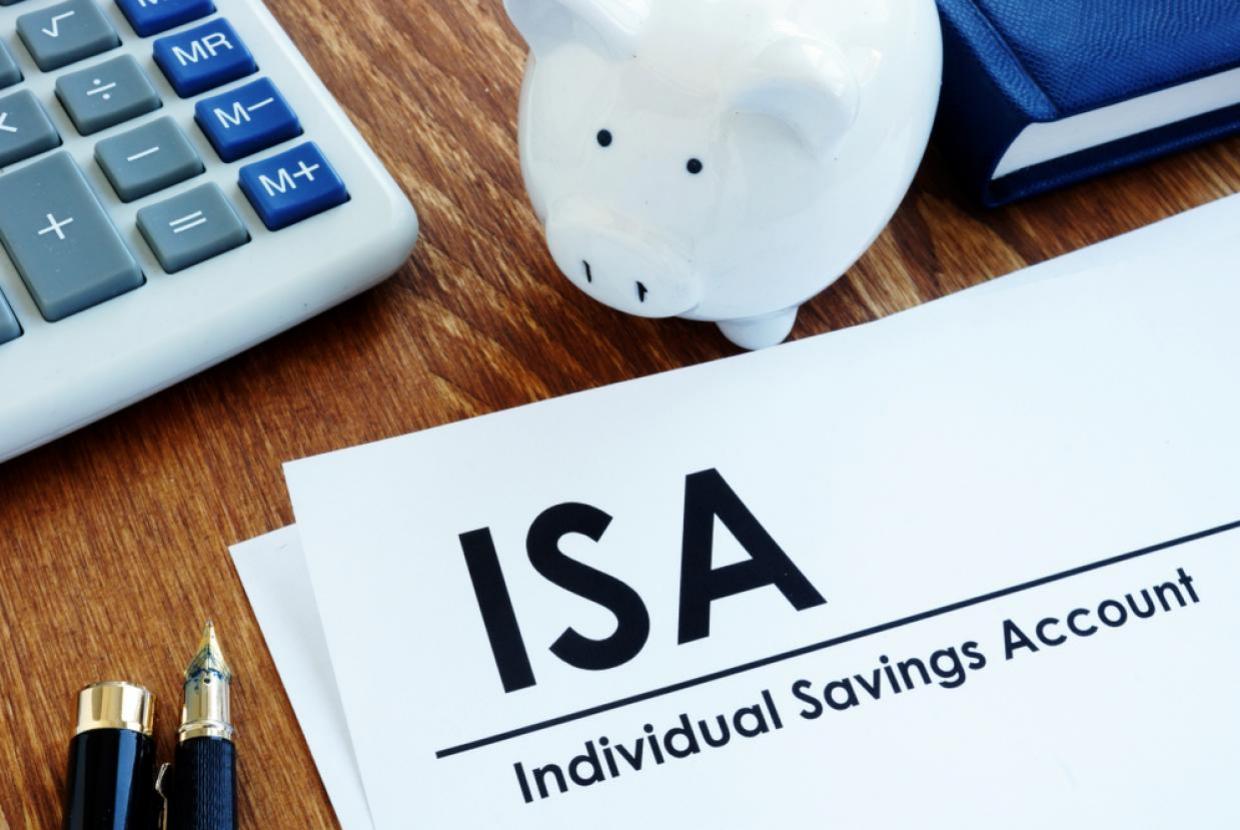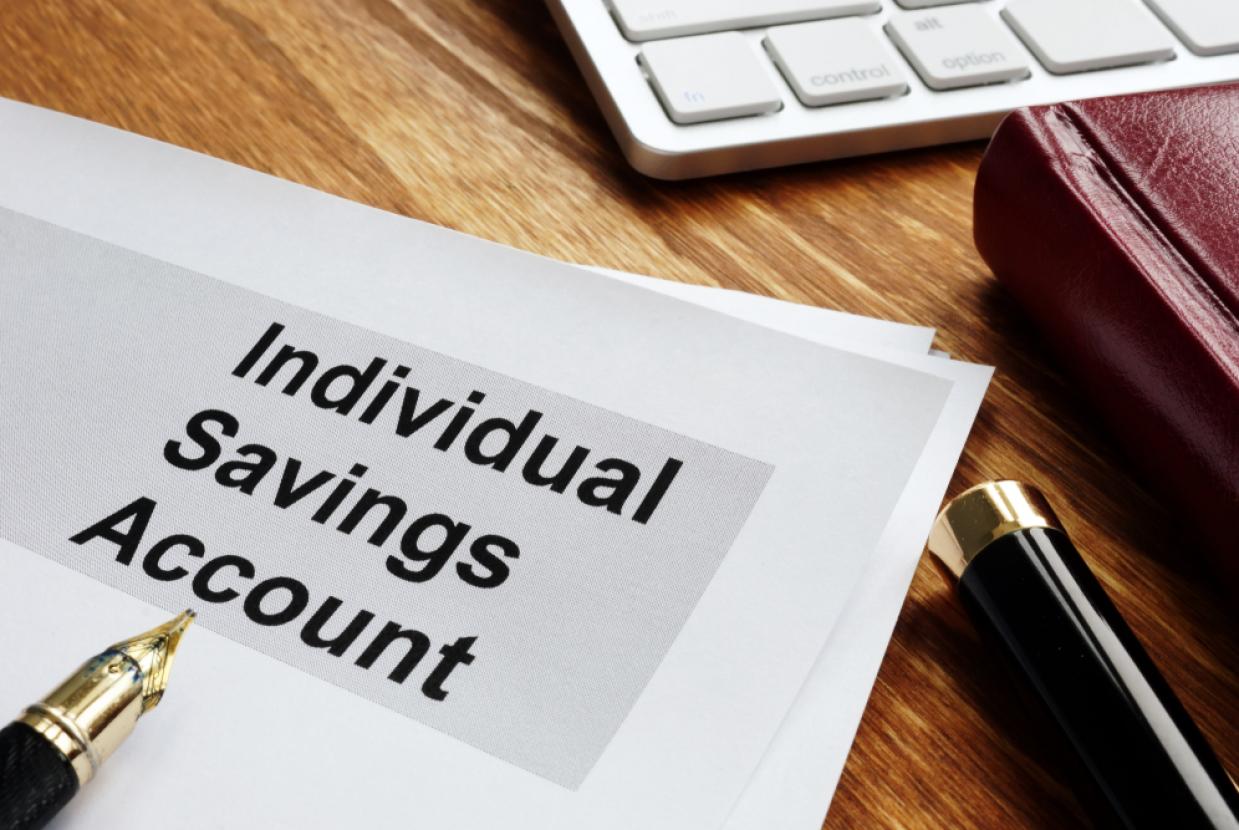Saving vs Borrowing
You might have decided that you need a savings or borrowing product, but what should you consider when choosing which is best for you? We’ll show you what to look out for to make sure you get the right product for you.
Watching the interest rate
Whether you’re looking for a savings product (ISAs and savings accounts) or a borrowing product (loans and credit cards), the interest rate is important.
To make it easier to compare products against each other, there are two terms that show you the total amount of interest for one year:
- Annual Equivalent Rate (AER) – this is the total interest you’ll receive on your savings in one year. Shown as a percentage, the higher the AER, the more interest you’ll receive.
- Annual Percentage Rate (APR) – this shows the total amount of interest (including any management charges or fees) you’ll pay on your borrowing in one year. Shown as a percentage, the higher the APR, the more you’ll pay for your borrowing.
When you look for a savings or borrowing product, always look for the AER or APR to help compare them.
Pay off expensive debt before taking out more
If you already have debt, it’s important to consider paying it off before taking out more or choosing to put any money you have into savings.
Don’t just choose the best interest rate
While the interest rate is very important, it shouldn’t be the only thing you look out for. The product with the best interest rate might not always be the best one for you.
Other considerations to compare on savings
What to check | Description |
Opening balance | How much you need to open an account. This can range from £0 to over £1,000. |
Regular payments | Some savings accounts require a certain amount to be paid into them every month. With others you can put a lump sum of money in and leave it for as long as you like. |
Notice period – how quickly you can access your money | Many savings accounts are instant-access, meaning you can get hold of your money whenever you like. Some offer higher interest rates if you give 30 days’ or even 90 days’ notice before getting your money. |
Number of withdrawals – how many times you can take money out each year | Some savings accounts limit the number of times you can take out money each year. Usually, the fewer withdrawals you’re allowed to make, the higher the interest rate. |
How you access the account | It’s worth looking at whether you can access your account online, by phone, in the branch or even by post. If you like banking online, you might want a bank with a smartphone app, or text messages that give you your balance. |
Free gifts | There can be some attractive freebies for opening savings accounts with certain banks or building societies. Just be sure you’re opening the account because it best meets your needs, not simply because of the freebies. |
Other considerations to compare on borrowing
| What to check | Description |
|---|---|
Do you really need to borrow? | The first thing you should always check is whether you need to borrow. Borrowing is expensive and a big financial commitment, so don’t borrow if you don’t really need to. |
The term – the length of time you’re borrowing for | The longer you borrow for, the more you’ll pay back. |
Is the borrowing secured or unsecured? | Secured borrowing is usually fixed against your home or car. This means that if you fail to make repayments, you risk your home or car being repossessed. |
Early repayment penalties | Some borrowing products charge a penalty fee if you pay off the debt early. Find out if this applies and how much it would be. |












